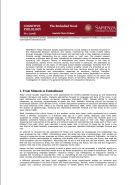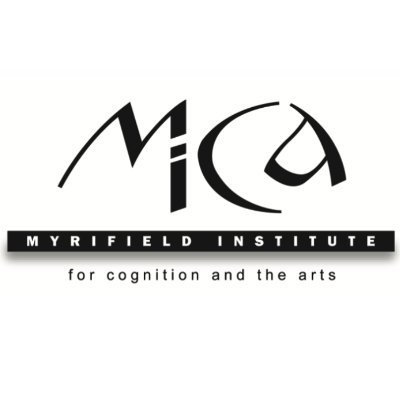
Last paper:
Grazia Pulvirenti, Renata Gambino, Neurohermeneutics. A Transdisciplinary Approach to Literature
- Peer review
- Submit a paper
- Suggest a paper
- Contact us
- Partner program
Anatole Pierre Fuksas,
The Embodied Novel
 Source: Cognitive Philology, 1
Source: Cognitive Philology, 1Year: 2008
Topics: Embodied Mind;
Disciplines: Literature;
DOWNLOAD PAPER
Download size: 368.78 KB
Major theorical studies approached the crucial subject of mimesis focusing on the relationship between literature and reality, maintaining that novels imitate reality through language, translate facts and events into semiotic acts or they establish consistent fictional worlds intersecting the so called actual or ‘real’ one. The present account maintains a different point of view, introducing an ecological theory of narrative reference. According with Gibson’s Theory of Affordances and recent findings in the field of neuroscience, namely mirror neurons, stories, and novels in particular, are addressed as being understood on the basis of individual action-related knowledge. Samples from the european tradition of medieval and early modern knightly novels are provided so as to show how novels do textually encode actions and how narrative events just referring to sensory experiences and interoceptive responses as emotions, feelings, thoughts, deductions or decisions are tightly connected, and to some extent dependent on action- related ones. Finally, a new assessment of novels as ecological niches will be taken into account, aside implications of an ecological theory of narrative reference for philological investigation of novels in the general framework of comparative literatures.
Project
The Neuro Humanities Studies Network aims at creating a multidisciplinary research community in order to develop and structure a linking platform for neuro-scientific, cognitive topics and humanities.
Click on each keyword to show papers related with it.









